On January 8, 2025, the Department of Preventive Medicine ( Ministry of Health ) issued a notice on the situation of pneumonia caused by hMPV (Human Metapneumovirus) virus in China and disease prevention recommendations for the community.
Latest information on hMPV pneumonia in China
On January 8, 2025, the Department of Preventive Medicine (Ministry of Health) issued a notice on the situation of pneumonia caused by hMPV (Human Metapneumovirus) virus in China and disease prevention recommendations for the community.
According to information from the World Health Organization (WHO) on January 7, 2025, acute respiratory infections, including pneumonia caused by hMPV, seasonal influenza, and respiratory syncytial virus (RSV), are increasing in many countries in the Northern Hemisphere, especially during winter.
 |
| WHO recommends that countries focus on measures such as wearing masks in crowded areas with poor ventilation. |
This increase is a natural trend at the end of the year when respiratory diseases are often more prevalent. However, it is worth noting that there have been no unusual or mutated pathogens of concern in recent times.
In China, the latest data from the China Center for Disease Control and Prevention (CDC), released on December 29, 2024, showed that the number of cases of acute respiratory infections has increased seasonally, but there is no situation exceeding the alarming level.
China's health system is not currently overloaded, with hospital bed occupancy rates lower than the same period last year, and medical facilities have not had to take emergency measures.
According to information from the Ho Chi Minh City Department of Health, the hMPV virus is not a new virus and has been recognized as a cause of pneumonia in children. In Ho Chi Minh City, the rate of hMPV infection in children accounts for 12.5% of the total number of pneumonia cases caused by other respiratory agents such as rhinovirus (44.6%), respiratory syncytial virus RSV (41.1%), influenza A (25%) and some other agents.
A report from a collaborative research program between the Oxford University Clinical Research Unit, the Hospital for Tropical Diseases in Ho Chi Minh City, and other medical facilities shows that hMPV virus accounts for a small proportion (12.5%) of community-acquired pneumonia cases compared to other common pneumonia agents such as H. influenzae bacteria (71.4%), S. pneumoniae (42.9%) and viruses such as influenza A (25%), rhinovirus (44.6%) and RSV (41.1%).
However, accurate identification of the causative agent is important in devising appropriate treatment regimens. This helps to reduce community transmission and protect children’s health, especially when respiratory pathogens can easily spread during the winter months.
WHO recommends that Member States, especially in areas with cold winters, maintain close surveillance for respiratory pathogens, including hMPV, influenza, RSV and others.
WHO also stressed that basic precautions need to be taken to minimize the spread of the disease, protecting vulnerable groups such as the elderly, children and people with underlying medical conditions.
In particular, WHO recommends that countries focus on measures such as wearing masks in crowded areas with poor ventilation.
Wash your hands frequently and use hand sanitizer. Practice respiratory hygiene, covering your mouth when coughing or sneezing with a tissue. Get vaccinated against influenza and other respiratory diseases as directed by your local health authority.
For those with mild symptoms, WHO recommends staying at home to avoid spreading the virus to others. If the patient has severe symptoms or is in a high-risk group, they should go to a medical facility for timely advice and treatment.
Vietnam's Ministry of Health has directed local health agencies and hospitals to continue closely monitoring the epidemic situation domestically and internationally.
At the same time, the Ministry of Health will also provide accurate and timely information to avoid panic and guide people on effective disease prevention measures.
Measures such as getting vaccinated against seasonal flu, washing hands regularly, wearing masks, and keeping your distance from sick people remain simple but effective solutions in limiting the spread of respiratory diseases.
People need to raise awareness about respiratory diseases and take preventive measures according to the instructions of health authorities. In case of symptoms such as cough, fever, shortness of breath, people should proactively go to medical facilities for examination and timely treatment.
People in high-risk groups (children, the elderly, people with underlying medical conditions) need to pay special attention and proactively prevent and avoid contact with people with symptoms of the disease.
Source: https://baodautu.vn/thong-tin-moi-nhat-ve-benh-viem-phoi-do-virus-hmpv-tai-trung-quoc-d239844.html






![[Photo] Prime Minister Pham Minh Chinh receives President of Cuba's Latin American News Agency](/_next/image?url=https%3A%2F%2Fvphoto.vietnam.vn%2Fthumb%2F1200x675%2Fvietnam%2Fresource%2FIMAGE%2F2025%2F12%2F01%2F1764569497815_dsc-2890-jpg.webp&w=3840&q=75)




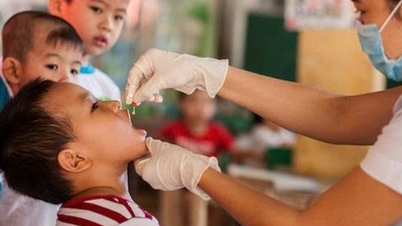
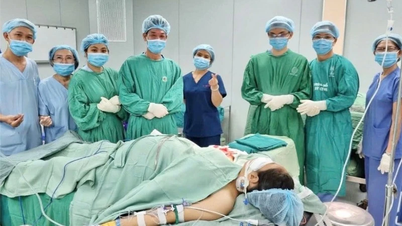



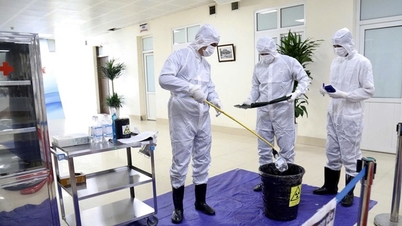
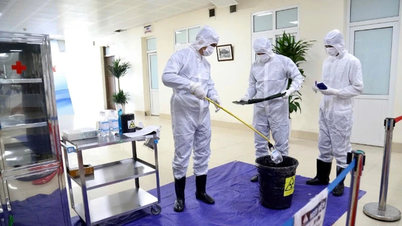








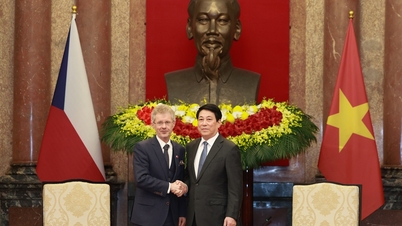












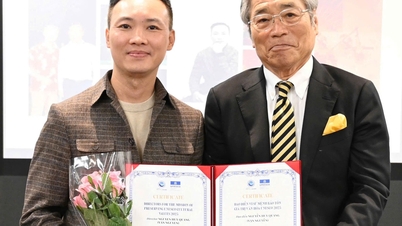





























![[Photo] President Luong Cuong holds talks with Sultan of Brunei Darussalam Haji Hassanal Bolkiah](https://vphoto.vietnam.vn/thumb/402x226/vietnam/resource/IMAGE/2025/12/01/1764574719668_image.jpeg)



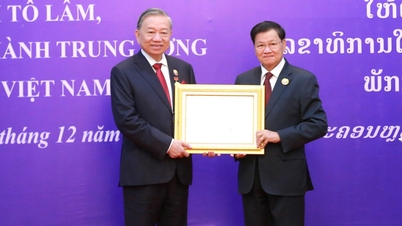



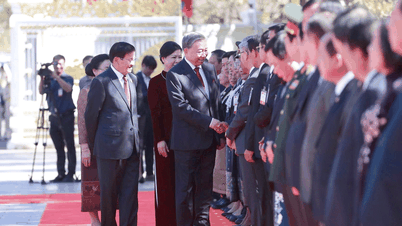

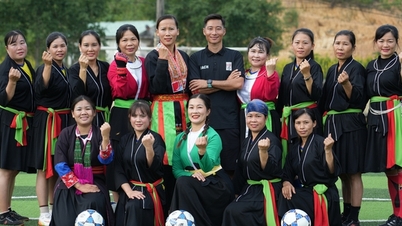
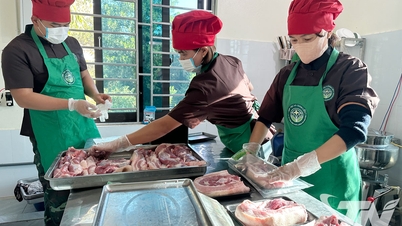

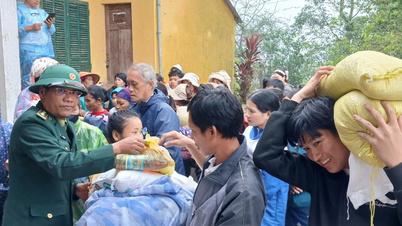



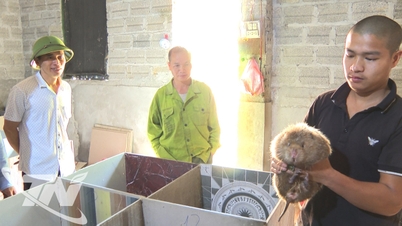


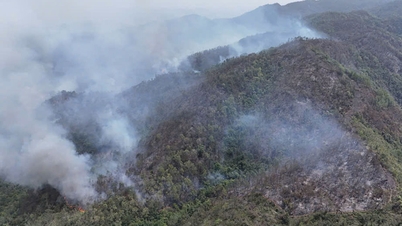











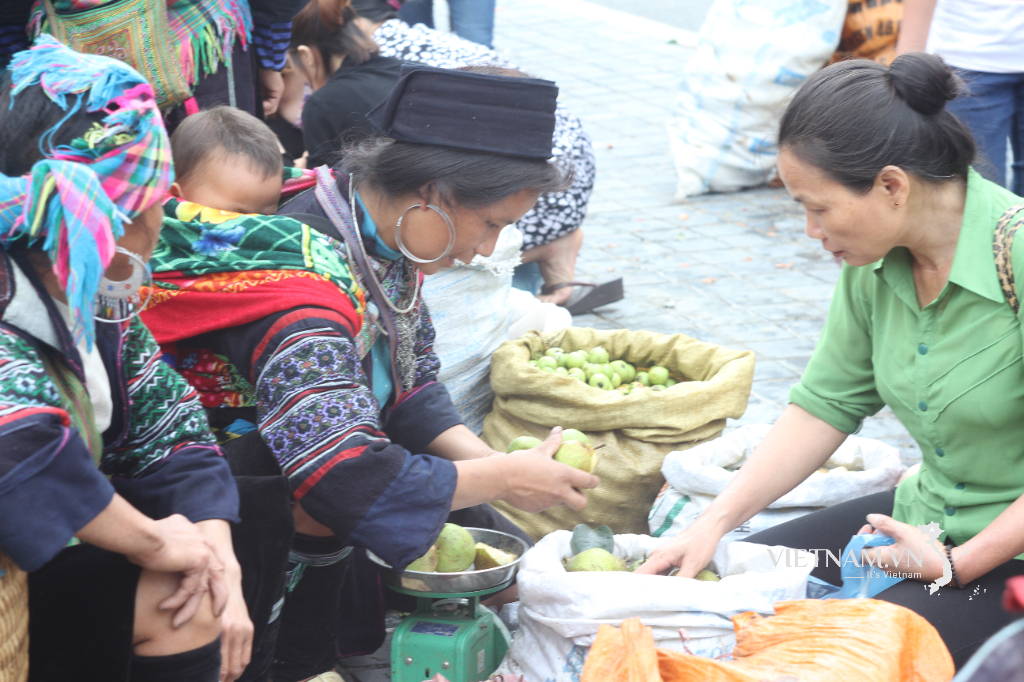


Comment (0)